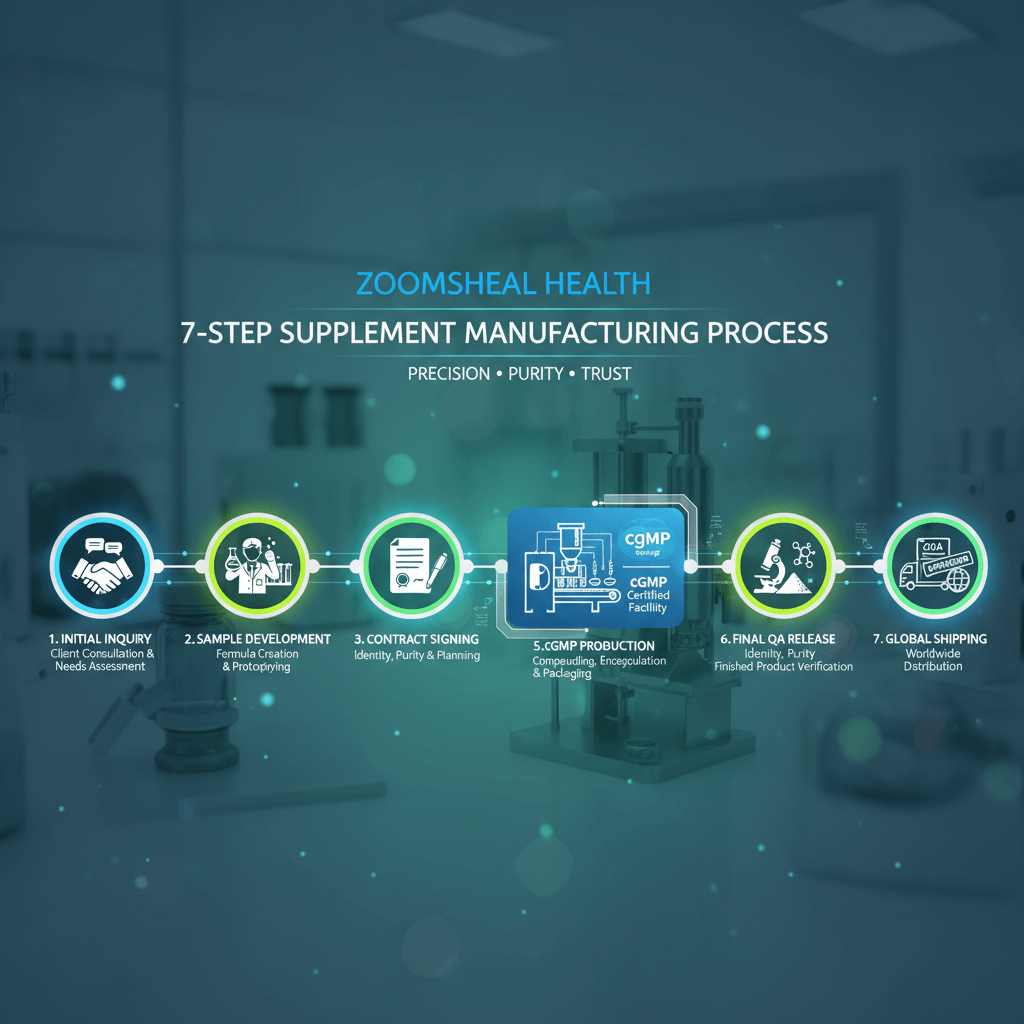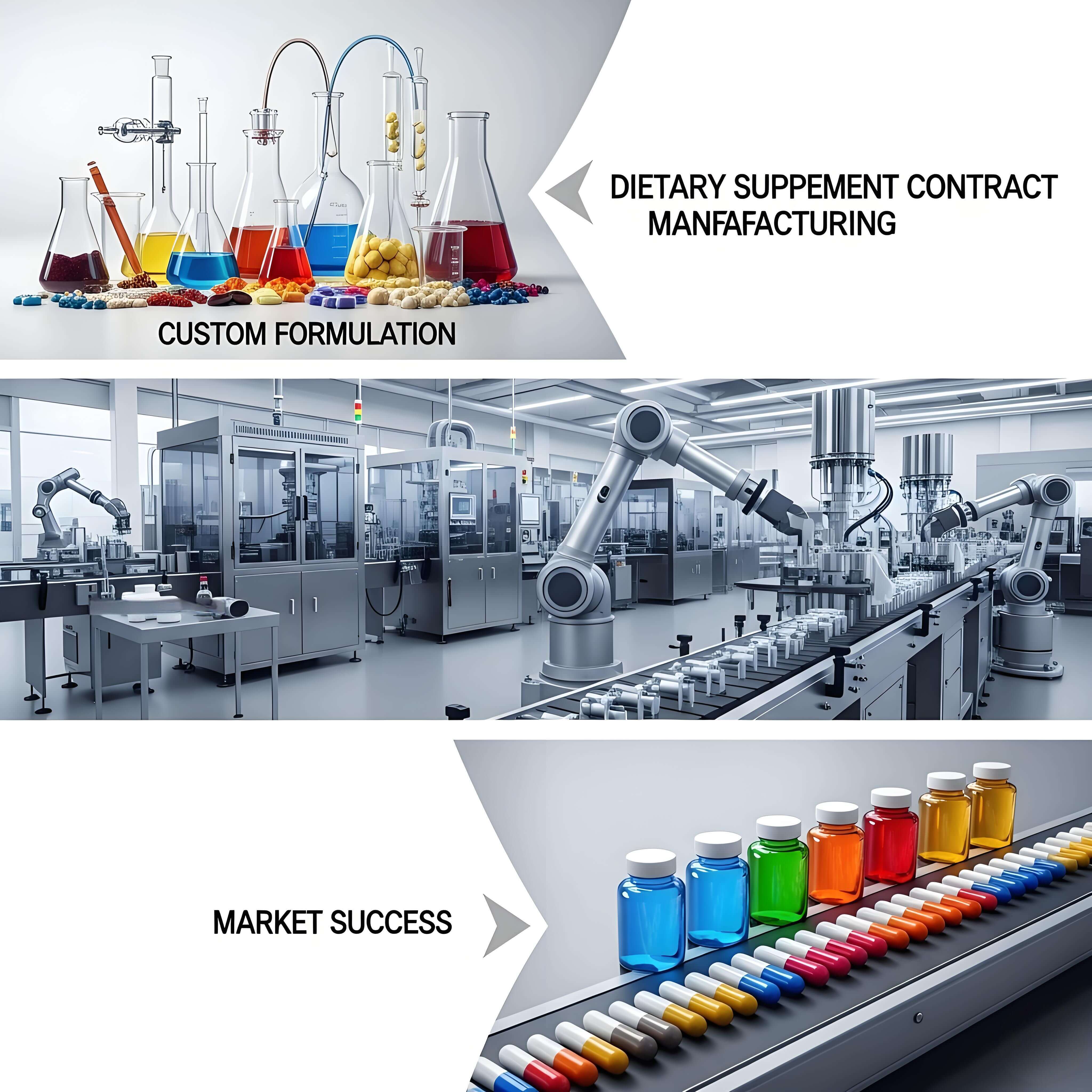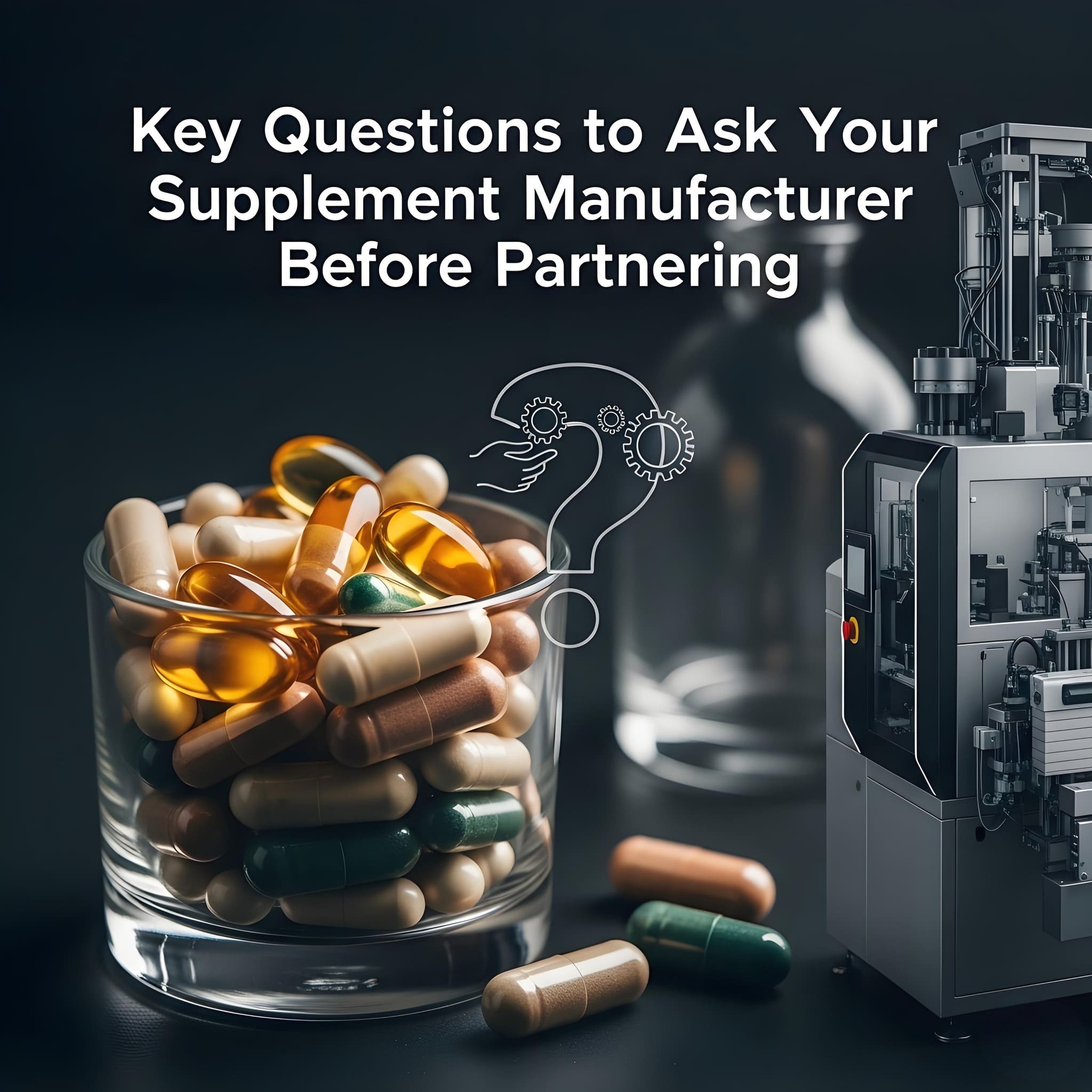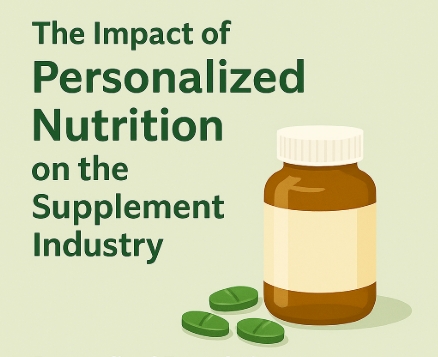What Is Personalized Nutrition?
Personalized nutrition refers to tailoring dietary recommendations and supplement regimens based on individual characteristics — such as genetics, lifestyle, health goals, biomarkers, or microbiome profiles. Instead of one-size-fits-all formulations, customers are demanding products that fit theiruniqueneeds.
Key drivers include:
-
DNA-based nutrition tests
-
Gut microbiome analysis
-
Blood biomarker monitoring (e.g., vitamin deficiencies)
-
AI-powered health assessments
Market Growth & Demand
According to a report by MarketsandMarkets, the global personalized nutrition market is projected to reach over$24 billion by 2028, growing at a CAGR of more than 15%. The supplement segment accounts for a large portion of this growth, as consumers seek:
-
Customized multivitamins
-
Targeted nutrient blends
-
Functional powders based on lifestyle
-
Smart-pack supplements delivered monthly
How It's Changing Supplement Manufacturing
1.Smaller Batch Production
Manufacturers need to shift from mass production to flexible, small-batch models to accommodate personalized formulas and fast turnaround times.
2.Advanced Ingredient Sourcing
Brands require access to a broader range of functional ingredients — from adaptogens to nootropics — to build targeted solutions.
3.Technology Integration
Data from genetic and biometric tests must be translated into actionable formulation logic. Many OEMs are now collaborating with health tech platforms to bridge this gap.
4.Regulatory & Labeling Compliance
Personalized formulas still need to comply with regional labeling and safety regulations. Manufacturers must provide transparency while ensuring consistency and compliance.
Business Opportunity for OEM & Private Label Brands
The personalized nutrition trend unlocks new B2B opportunities:
-
Startups & DTC Brandsneed turnkey OEM partners to quickly launch personalized supplement lines.
-
Wellness Apps & Clinicswant white-label supplement offerings integrated into their digital health platforms.
-
Health Influencers & Coachesseek to monetize custom formulas with their audience.
OEM manufacturers that can offerflexible formulation,rapid prototyping,clean-label ingredients, andAPI integrationwill gain a significant edge.
Challenges to Overcome
-
Higher production costs for small runs
-
Data privacy concerns in health personalization
-
Scaling logistics for individualized packaging
-
Managing consumer expectations on efficacy
Still, for brands that get it right, personalized supplements can command premium pricing and foster stronger customer loyalty.
Personalized nutrition isn’t a passing trend — it’s redefining how consumers engage with supplements and how brands must respond. OEM manufacturers that embrace innovation, customization, and tech-driven collaboration are well-positioned to lead this next evolution in the industry.






